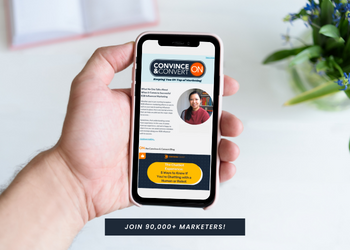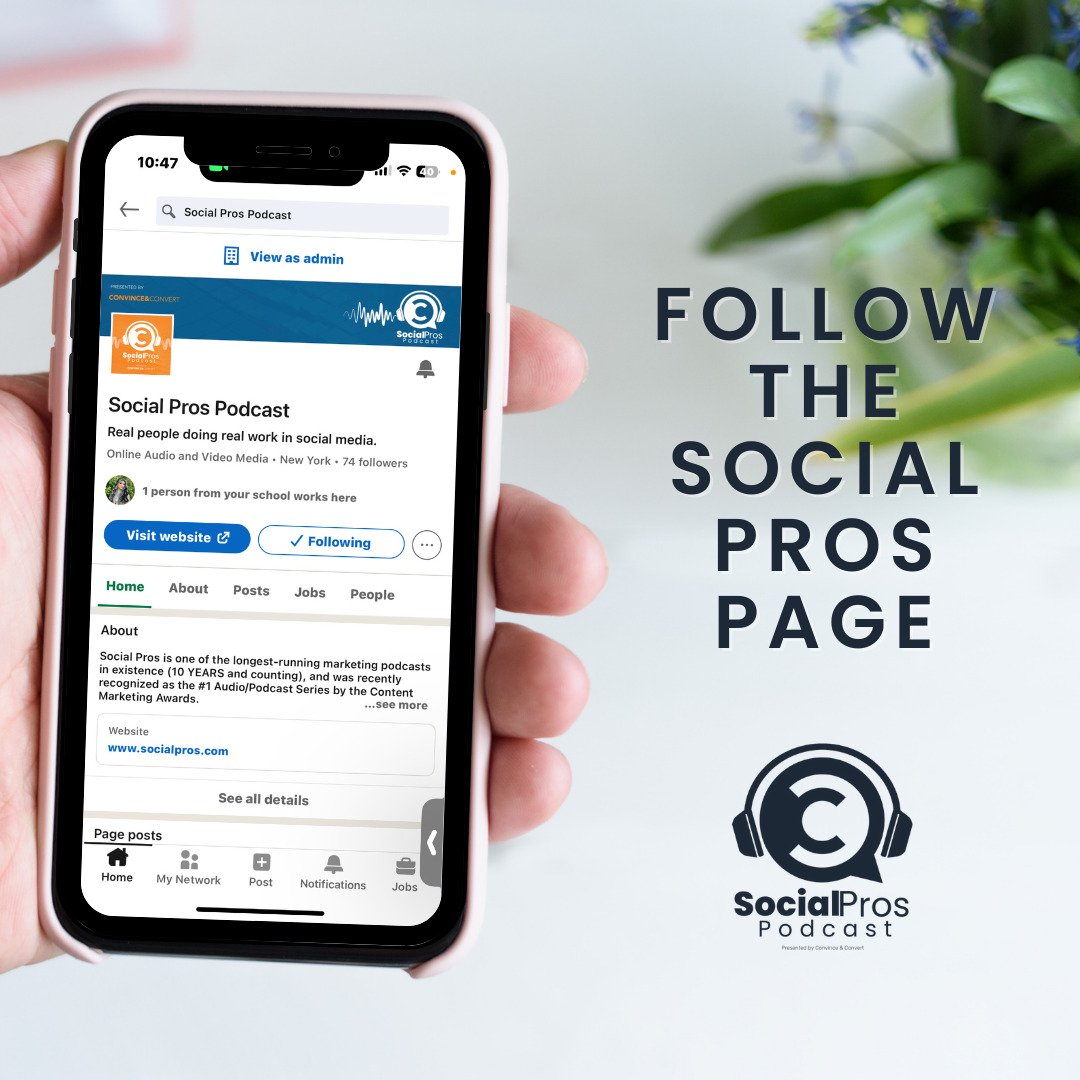
 In business – and in life – sometimes there’s a thin difference between aggressive and obnoxious.
In business – and in life – sometimes there’s a thin difference between aggressive and obnoxious.
T-Mobile crossed that line.
Late last week, Sprint tweeted about their new package that provides subscribers unlimited data, as well as an annual phone upgrade:
Because THE hottest new device should be YOUR hottest new device. #OneUp http://t.co/1jK10NdLSf pic.twitter.com/0e2kVAH70I
— Sprint (@sprint) September 20, 2013
Some Sprint customers were upset that package pricing and ingredients were shifting:
@sprint i honestly hate your service u need to update the signals for all your towers — S€P.27 (@LachonPhillips) September 20, 2013
Given the size of Sprint’s customer base, it’s natural that some would be displeased, and complaints about Sprint’s speed and lack of LTE are common. Evidently, T-Mobile was strategically eavesdropping on this thread, and proactively reached out to dissatisfied tweeters:
@LachonPhillips On #teammagenta you wouldn’t have to put up with that. ^Matt M — T-Mobile (@TMobile) September 20, 2013
In The NOW Revolution, Amber Naslund and I talked about “listening at the point of need” and seizing opportunities that are unveiled in social media. We counseled brands to listen for customer expressions of want, and to tastefully offer to fulfill those needs. But is this “listening at the point of need” or is it out-of-bounds? Even if you think this is fair game, there are 3 reasons it was a disaster at the execution level:
1. Overestimated the Need
These customers weren’t overtly (or even partially) mentioning that they wanted a new carrier. They weren’t threatening to quit. Yet, T-Mobile jumped in with a “solution” that wasn’t commensurate with the consumers’ state of need.
2. Unclear Benefit
If you’re going to try to pick off your competitors’ customers on Twitter one-by-one, you probably should do so with very clear information and calls-to-action. These T-Mobile tweets have neither:
@mariahancock #Jump on over to #teammagenta ^Matt M
— T-Mobile (@TMobile) September 20, 2013
What is #teammagenta? Did you know that T-Mobile is “team magenta?” I didn’t. Did you even know that T-Mobile’s corporate color is magenta? I didn’t. If you’re trying to get someone to cancel a phone contract, why are you wasting precious characters pushing a marketing-speak hashtag?
3. No call-to-action
In some of their responses, T-Mobile did convey actual differentiators that might have partially swayed potential switchers, but what consumers want (and rightfully so) is a true call-to-action that provides enough value to actually change carriers. If T-Mobile offered a contract buyout in their tweets, instead of blathering about #teammagenta this might have been more effective. There’s not even a clickable link in these tweets (although I do give T-Mobile’s “Matt M” credit for signing them)
@TMobile if you buy off my contract ill switch services
— डैनी (@_iicon) September 20, 2013
4. Not participating selectively
When you jump into conversations like this, you run the risk of coming across someone who actually has history with you already, which can breed some unintended commentary (I also find it amazing that T-Mobile chose to engage with someone with the Twitter handle of “suck dis d**k” who used a profanity in their original tweet):
@TMobile @LachonPhillips yeah. I tried your bum service, too.
— Bobby Dewitt (@Bobboramasucks) September 20, 2013
@soufside704 If you were on #teammagenta you wouldn’t have to deal with that. ^Matt M
— T-Mobile (@TMobile) September 20, 2013
I’m all for companies listening aggressively. But to me, this is just way over the line, and poorly executed on top of it.
Or maybe I’m wrong, and you think this is a good idea? Do you?
big thanks to my friend Jarrod Lyman for tipping me off to this in real-time.

